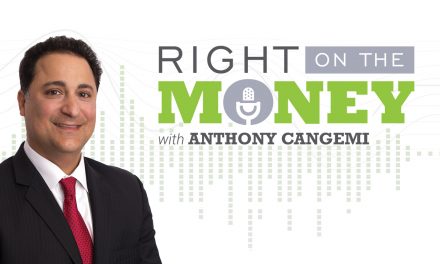A preservation approach can help manage life’s unexpected curveballs.
Needs, wants and dreams are constant at every life stage, and it takes a juggler’s temperament to keep them all viable. Late-in-life challenges can be harder to overcome, but active financial planning and discipline can help hold the line. Watch the interview with Mark Fuhrer.
Aspiring retirees can learn a thing or two from legendary sales and motivational guru Zig Ziglar, who was quoted as saying that recognition, is the first step in solving a problem. As relates to retirement planning, accepting certain realities is a first step in achieving a stress-free retirement.
Retirement’s onset – and better yet a few years before – is a time to accept that there’s less tolerance for risk, and less time remaining to recover from the negative impacts of market volatility. Additionally, many individuals at or near retirement age have experienced life’s unpredictable events, and know that preparation is the best defense for the unexpected.
Appropriately, there’s increasing talk and action around the concept of “safe-money,” a systematic set-aside that shields assets from risk and allows retirees to live – and not loathe – their senior years.
A sequence of steps to sustain safe-money principles might look like this:
- Match ongoing lifetime expenses like food and healthcare – the “needs bucket” – to lifetime income sources including Social Security and pensions. Assess whether other assets can address any gaps, and for how long.
- Realistically appraise your “wants” bucket – the discretionary expenses including travel, adventure, leisure and family assistance, for example.
- Recognize that traditional retirement savings instruments like bonds and mutual funds are now poor performers, and that the pace of asset depletion has accelerated.
- Allot assets conservatively to not lose principal; maintain account crediting; hedge against inflation; and achieve lifetime income regardless of age. Each can be accomplished through fixed index annuity products that are contractually guaranteed through policies issued by qualified insurance companies.
- Review retirement plans at least annually, and more often as needed.
Life’s emergencies will be more manageable when assets are under command, and a “safe-money” strategy is meeting ongoing and anticipated expenses.
Syndicated financial columnist Steve Savant interviews top retirement specialists in their field of expertise. This segment features retirement specialist Mark Fuhrer. Right on the Money is a financial talk show distributed in daily video press releases to over 280 media outlets and social media networks.




